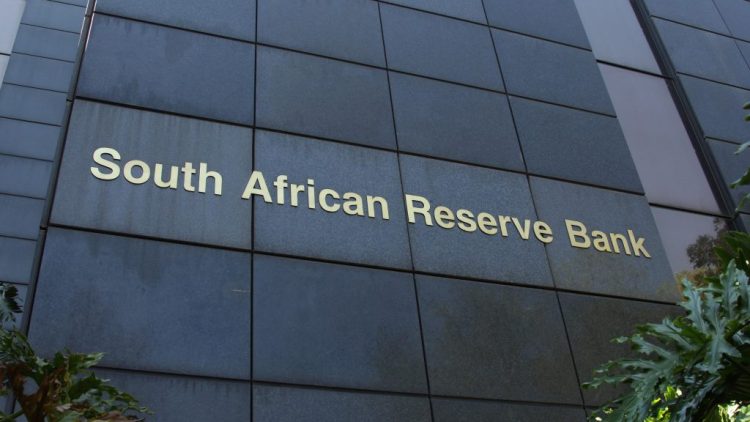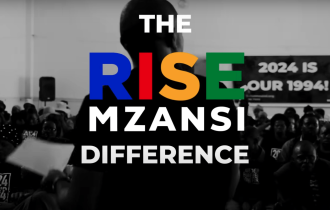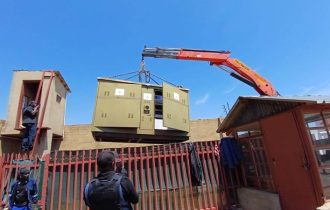South African Reserve Bank Keeps Repo Rate Unchanged at 8.25%
South Africans can breathe a sigh of relief as the South African Reserve Bank (Sarb) Governor, Lesetja Kganyago, announced the decision to maintain the repo rate at 8.25% ahead of the festive season. This decision, revealed following the Sarb’s final Monetary Policy Committee (MPC) meeting for 2023, signifies stability for consumers and businesses alike.
“The unanimous decision to keep the repo rate unchanged at 8.25% is in line with our commitment to fostering economic stability,” emphasized Kganyago. The prime lending rate of commercial banks remains steady at 11.75%, providing continuity in the financial landscape.
Despite expectations of an interest rate hike due to the recent uptick in consumer price inflation, the Sarb opted to maintain the status quo. The latest inflation reading for October hit a five-month high at 5.9%, surpassing expectations. Factors contributing to this included elevated fuel prices, load shedding affecting poultry and food producers, leading to accelerated food inflation in October.
Kganyago, in a cautionary tone, acknowledged the prevailing risks to inflation, stating, “Risks to SA inflation remain high, with food inflation ticking higher in October.” The central bank maintained its hawkish stance, signaling that any potential repo rate cuts might only be considered in the second quarter or later months of 2024.
This decision marks the third consecutive time the Sarb has opted to keep rates steady, following a robust series of rate hikes totaling 475 basis points since late 2021. Kganyago emphasized the bank’s commitment to curbing inflationary pressures and ensuring the overall economic well-being of the nation.
Despite the ‘hold’ announcement, the Sarb revised its headline inflation forecast for 2023 slightly down to 5.8%, with a forecast of 5.0% for 2024 before stabilizing at 4.5% in 2025 and 2026. Kganyago underlined, “While our baseline inflation forecast has improved, risks to the inflation outlook are still assessed to the upside.”
The governor highlighted the volatility in domestic food price inflation, reaching 8.7% in October, and expressed concerns about longer-term impacts from El Niño conditions. Additionally, imported goods inflation has risen over the year, posing sensitivity to currency weakness.
Kganyago concluded by addressing ongoing concerns related to electricity prices, stating, “Electricity prices continue to present clear inflation risks, and with logistics constraints, are likely to have broader effects on the cost of doing business and the cost of living.” He emphasized the uncertainty surrounding fuel and food price inflation, indicating that considerable risks still exist concerning the forecast for average salaries.
In navigating the intricate economic landscape, the Sarb remains vigilant, prioritizing economic stability while acknowledging the challenges and uncertainties that lie ahead.




